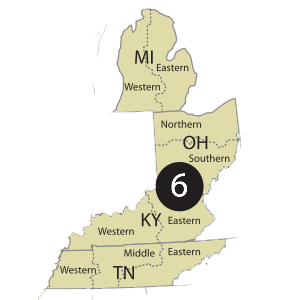Kentucky State Police officers searched Edward Lewis’s laptop, cell phone, and thumb drive and found evidence of child pornography. Lewis moved to suppress the evidence, arguing that it was obtained through an unlawful search and seizure of his electronic devices
United States 6th Circuit Court of Appeals
Districts Covered:
- Eastern District of Kentucky
- Western District of Kentucky
- Eastern District of Michigan
- Western District of Michigan
- Northern District of Ohio
- Southern District of Ohio
- Eastern District of Tennessee
- Middle District of Tennessee
- Western District of Tennessee
Case: United States v. Lewis
e-Journal #: 80155
Court: U.S. Court of Appeals Sixth Circuit ( Published Opinion )
Judges: Moore, Clay, and Gibbons
Concerns:
Search & seizure; Motion to suppress evidence; Validity of a search warrant; “Probable cause”; Applicability of the good-faith exception to the exclusionary rule; United States v Leon; Whether reliance on the search warrant was reasonable; A “bare bones” affidavit; United States v Weaver; United States v White; Nathanson v United States; Aguilar v Texas;
Exceptions to the warrant requirement; Consent; Applicability of the plain-view doctrine; Forfeiture
Summary:
The court held that some of the evidence taken from defendant-Lewis’s electronic devices “was obtained through searches and seizures that were not supported by a valid warrant or a valid claim to an exception to the warrant requirement.”
Thus, it reversed the order denying his motion to suppress, vacated his conviction, and remanded. After his motion was denied, he signed a conditional plea agreement pursuant to which he pled guilty to producing child pornography “but retained his right to appeal the district court’s suppression order and to withdraw his plea if he prevailed on that appeal.”
On appeal, the government did not dispute that the affidavit in support of the search warrant (made by a detective, G) did not establish probable cause, and the court held that it “violated the Fourth Amendment’s probable-cause requirement.”
The district court found the good-faith exception to the exclusionary rule applied. The issue here was “whether law-enforcement officers reasonably relied on the search warrant.” The court concluded they did not because G’s affidavit “was a bare-bones affidavit.”
The court found that, viewing it “under the totality of the circumstances, ‘the combined boilerplate language and minimal . . . information provide few, if any, particularized facts of an incriminating nature and little more than conclusory statements of affiant’s belief that probable cause existed regarding criminal activity.’”
It determined that in “omitting the essential facts of his investigation and communicating only his bottom-line conclusion, [G] asked the magistrate to find probable cause based solely on his say-so.
‘No reasonable officer could have believed’ under those circumstances ‘that the affidavit was not so lacking in indicia of probable cause as to be reliable.’” The court found that the “affidavit here much more closely resembles the bare-bones affidavits in Nathansonand Aguilar than the affidavit in White.”
It rejected the government’s suggestion “that ‘reasonable inferences’” could rescue the affidavit. The court held that applying the good-faith exception under the circumstances here “would be inappropriate.”
As to the government’s reliance on the consent exception to the warrant requirement, the “district court did not clearly err in finding that [G] and the other law-enforcement officers exceeded the scope of Lewis’s consent when they seized his electronic devices and forensically examined them.” And the government forfeited its plain-view argument and did not show plain error.
FAQ for United States v. Lewis
Q: What is United States v. Lewis?
A: United States v. Lewis is a 2023 case decided by the United States Court of Appeals for the Sixth Circuit. The case involved a defendant who was convicted of producing child pornography. The defendant argued that the evidence obtained from his laptop and cell phone should have been suppressed because the search warrant was invalid.
Q: What was the outcome of the case?
A: The Sixth Circuit vacated the defendant’s conviction and ordered a new trial. The court found that the search warrant was invalid because it did not establish probable cause. However, the court also found that the officers had acted in good faith in reliance on the warrant, so the evidence would not be suppressed.
Q: What is the significance of the case?
A: The case is significant because it reaffirms the importance of probable cause in search and seizure cases. The court also held that even if a search warrant is invalid, the evidence obtained may not be suppressed if the officers acted in good faith in reliance on the warrant.
Q: What are the implications of the case for law enforcement?
A: The case reminds law enforcement that they must have probable cause before obtaining a search warrant. The case also highlights the importance of acting in good faith when executing a search warrant.
Q: What are the implications of the case for defendants?
A: The case is a reminder to defendants that they have the right to challenge the validity of a search warrant. If a defendant believes that a search warrant is invalid, they should file a motion to suppress the evidence obtained from the search.
OTHER FAQ
Q: What is the difference between probable cause and reasonable suspicion?
A: Probable cause is a higher standard than reasonable suspicion. Probable cause is required to obtain a search warrant, while reasonable suspicion is required to conduct a Terry stop.
Q: What is a Terry stop?
A: A Terry stop is a brief detention of a person by law enforcement based on reasonable suspicion that the person is involved in criminal activity.
Q: What is a motion to suppress?
A: A motion to suppress is a motion that a defendant can file to ask the court to exclude evidence from trial. A defendant may file a motion to suppress if they believe that the evidence was obtained in violation of their constitutional rights.
Q: What happens if a defendant’s motion to suppress is granted?
A: If a defendant’s motion to suppress is granted, the court will exclude the evidence from trial. This means that the government will not be able to use the evidence to prove its case against the defendant.
Q: What happens if a defendant’s motion to suppress is denied?
A: If a defendant’s motion to suppress is denied, the government will be able to use the evidence against the defendant at trial. However, the defendant may still be able to challenge the evidence at trial on other grounds, such as relevance or hearsay.
More Posts

Smell of marijuana no longer legal grounds for search
The Michigan Supreme Court has ruled that the smell of marijuana alone is no longer sufficient probable cause for police to conduct a warrantless search of a vehicle. This decision overturns a previous precedent where the odor of marijuana was considered enough...

Michigan Forfeiture News Articles
Can the police sieze your belongings and hold it without charging you with a crime?Civil asset forfeiture is a legal process that allows law enforcement agencies in Michigan to seize property they suspect is connected to criminal activity, even if the owner hasn't...

What Happens When the Government Takes Your Property?
Can the police sieze your belongings and hold it without charging you with a crime?Forfeiture laws in Michigan allow the government to seize property – like cash, cars, or even houses – if they believe it was involved in a crime. This can happen even if the owner...
Defending Against Criminal Sex Charges
Defense against false accusations of Criminal Sexual Conduct (CSC) in MichiganDefending against a false accusation of Criminal Sexual Conduct (CSC) in Michigan is a serious matter and requires a well-prepared legal strategy. Here are several steps you should take to...
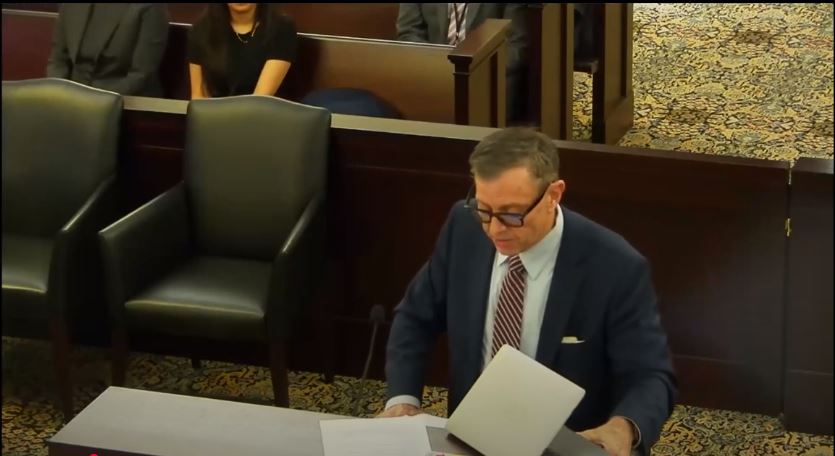
Forfeiture without Criminal Charges
Can the police seize your belongings and hold it without charging you with a crime?Read the summary below and watch Attorney Michael Komorn in the Court of Appeals.Summary of "Ruben Delgado v. Michigan State Police": This case was filed in the Jackson County Circuit...

Criminal Sexual Conduct (CSC) – Michigan
Criminal Sexual Conduct (CSC) in Michigan: Definitions, Penalties, and Legal References.Criminal Sexual Conduct (CSC) is a set of laws in Michigan that define and penalize various forms of sexual offenses. These laws are categorized into four degrees, with each degree...
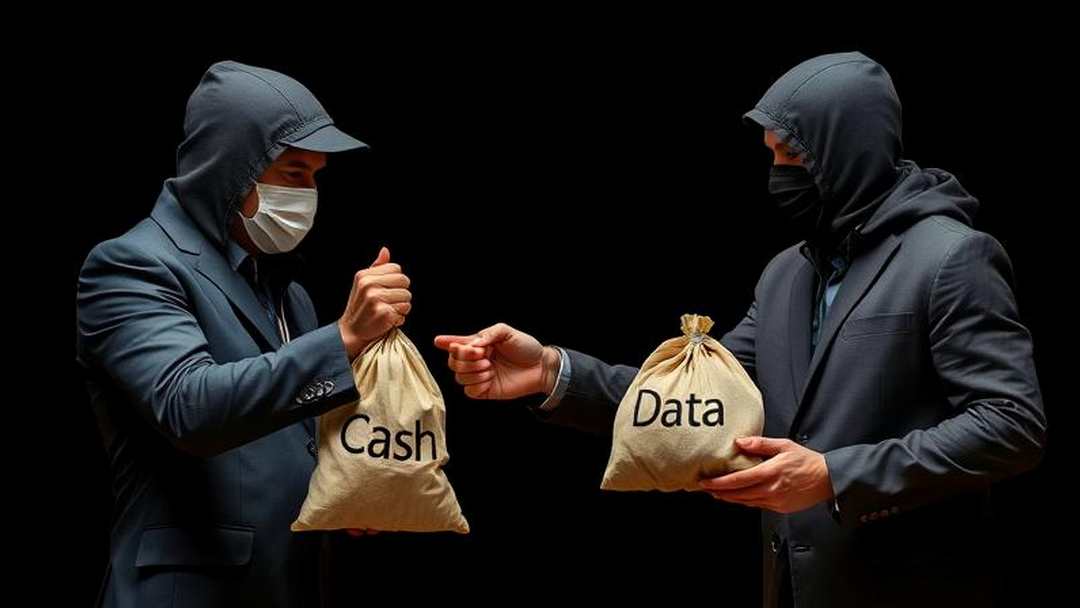
23andMe filed for Chapter 11 bankruptcy and your data is?
As of Friday 3/28/25, the firm’s shares were worth less than a dollar.If you are charged with a crime you're part of the State of Michigan family now. Call us - Because you don't want to be a part of that family. Komorn Law (248) 357-2550Genetic testing service...

Michigan Supreme Court Vacates Court of Appeals Ruling of State Anti-Terror Statute
Michigan Supreme Court Vacates Court of Appeals Ruling, Temporarily Preserves State Anti-Terror StatuteIf you are charged with a crime you're part of the State of Michigan family now. Call us - Because you don't want to be a part of that family. Komorn Law (248)...
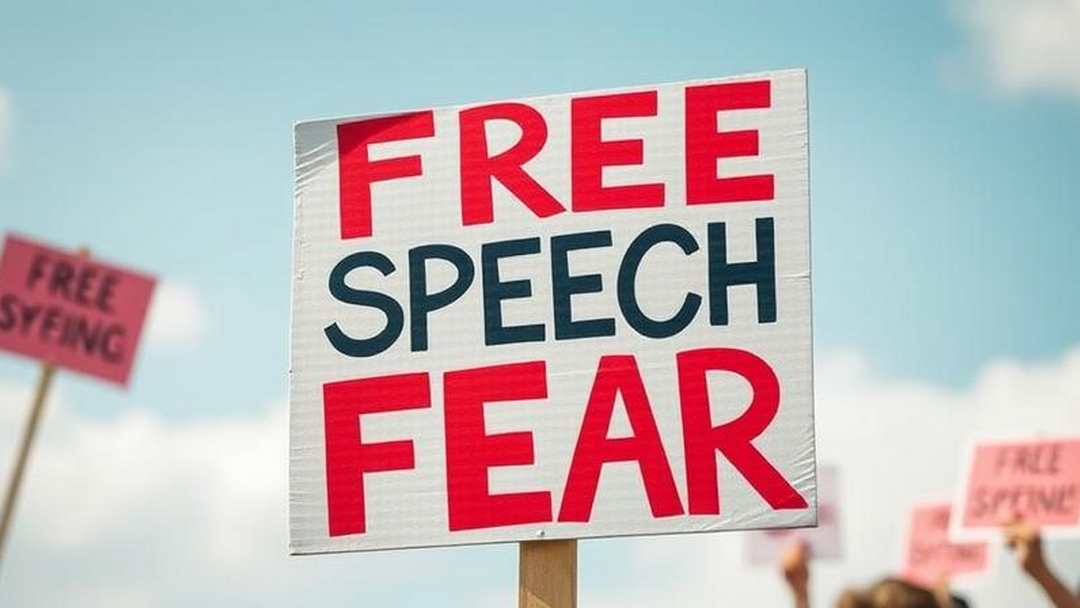
Free Speech, Terror and Michigan Law
Michigan Supreme Court Vacates Court of Appeals Ruling, Temporarily Preserves State Anti-Terror StatuteIf you are charged with a crime you're part of the State of Michigan family now. Call us - Because you don't want to be a part of that family. Komorn Law (248)...
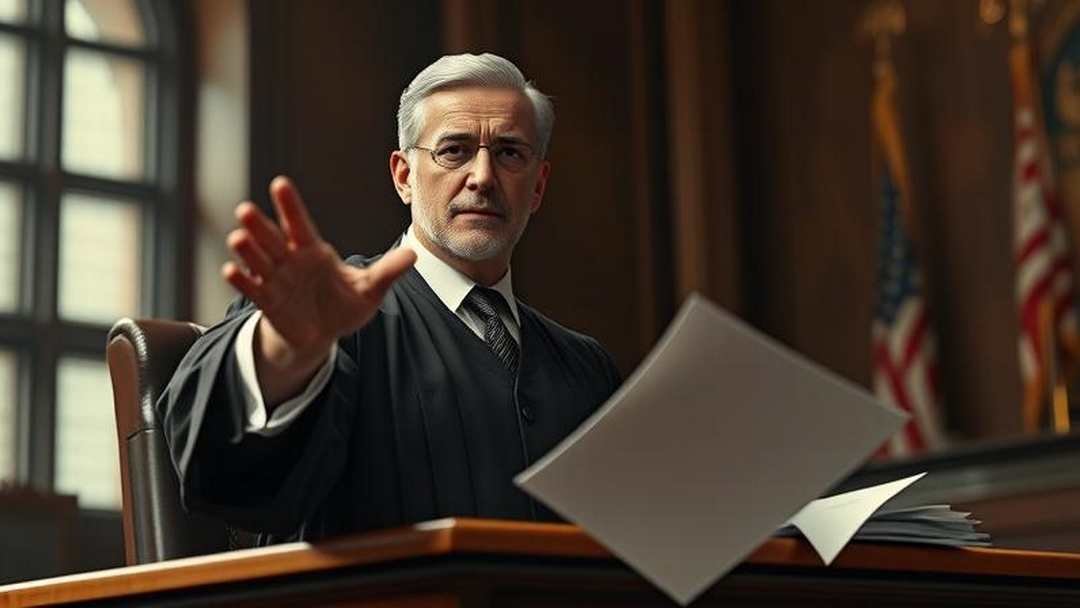
Judge finds marijuana testing facilities run by ex-cops violated testing results
Viridis Laboratories has faced ongoing allegations of exaggerating THC levels while minimizing the potential risks associated with cannabis.If you are charged with a crime you're part of the State of Michigan family now. Call us - Because you don't want to be a part...


